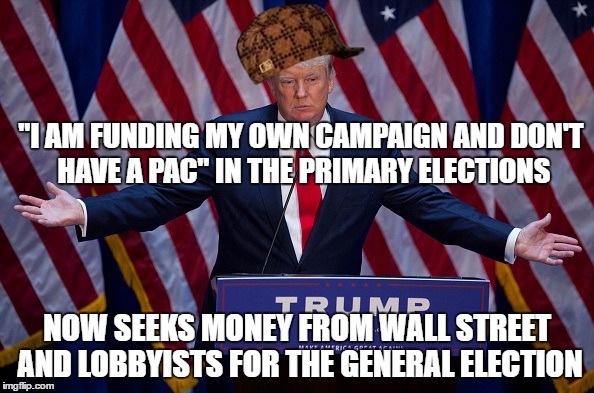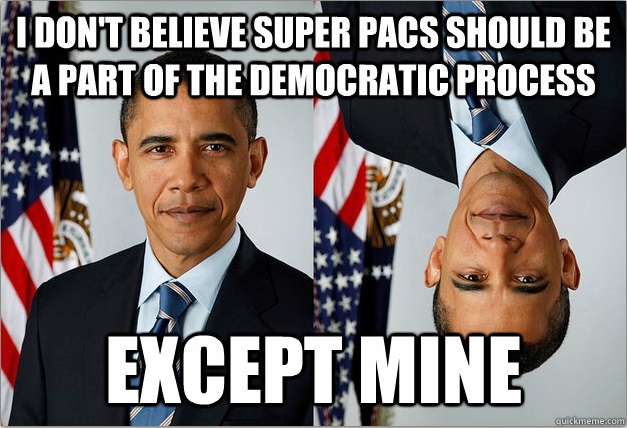When it comes to spending money on politics, Buckley v. Valeo (1976) said campaign contributions are free speech.

These are the facts of Buckley v. Valeo. In order to stop corruption like the Watergate scandal, Congress put restrictions and limitations on direct contributions and independent expenditures to political campaigns. That being said, the Federal Election Commission statute was created to regulate campaign finance and report all contributions.
Here’s the issue before the US Supreme Court. Did the FEC Act violated the First Amendment’s Freedom of Speech Clause?
The Court laid down this rule. The Court said, in regards to the Federal Election Commission Act, restrictions placed on individual contributions to political campaigns do not violate the first amendment of freedom of speech. As well, limitations placed on independent expenditures to political campaigns do violate the first amendment of free speech. According to the Court, these restrictions and limitations prevent corruption.
In the majority opinion, which was per curiam, the Court viewed campaign finance as a First Amendment right of speech.
The Act’s contribution and expenditure limitations operate in an area of the most fundamental First Amendment activities. Discussion of public issues and debate on the qualifications of candidates are integral to the operation of the system of government established by our Constitution. The First Amendment affords the broadest protection to such political expression in order ‘to assure (the) unfettered interchange of ideas for the bringing about of political and social changes desired by the people.’
In the dissent, Justice Thurgood Marshall stated this decision privileges the rich.
One of the points on which all Members of the Court agree is that money is essential for effective communication in a political campaign. It would appear to follow that the candidate with a substantial personal fortune at his disposal is off to a significant “head start.” Of course, the less wealthy candidate can potentially overcome the disparity in resources through contributions from others. But ability to generate contributions may itself depend upon a showing of a financial base for the campaign or some demonstration of preexisting support, which, in turn, is facilitated by expenditures of substantial personal sums. Thus, the wealthy candidate’s immediate access to a substantial personal fortune may give him an initial advantage that his less wealthy opponent can never overcome. And even if the advantage can be overcome, the perception that personal wealth wins elections may not only discourage potential candidates without significant personal wealth from entering the political arena, but also undermine public confidence in the integrity of the electoral process.
In summary, this decision demonstrates spending money on politics is free speech. Whether it’s an individual or corporation, spending money on politics is a First Amendment right of Free Speech, as outlined in the Constitution. That being said, pollical contributions are Free Speech.
